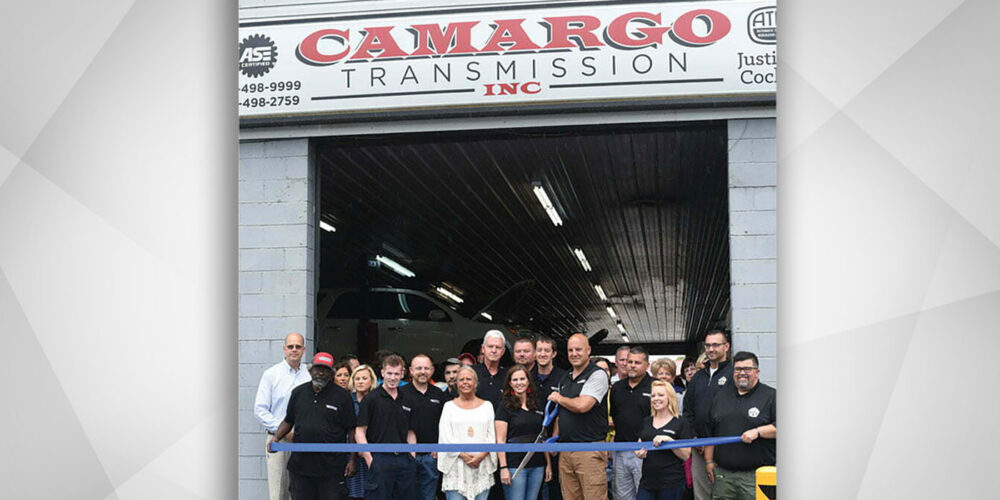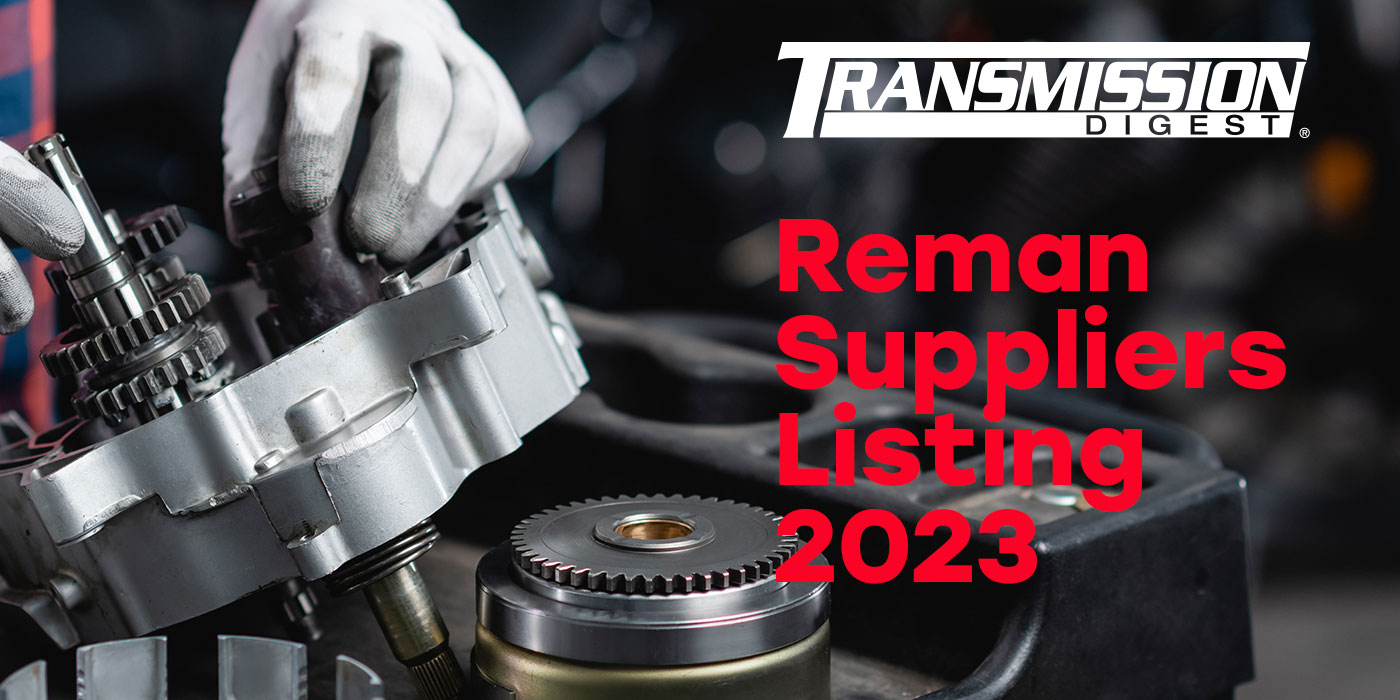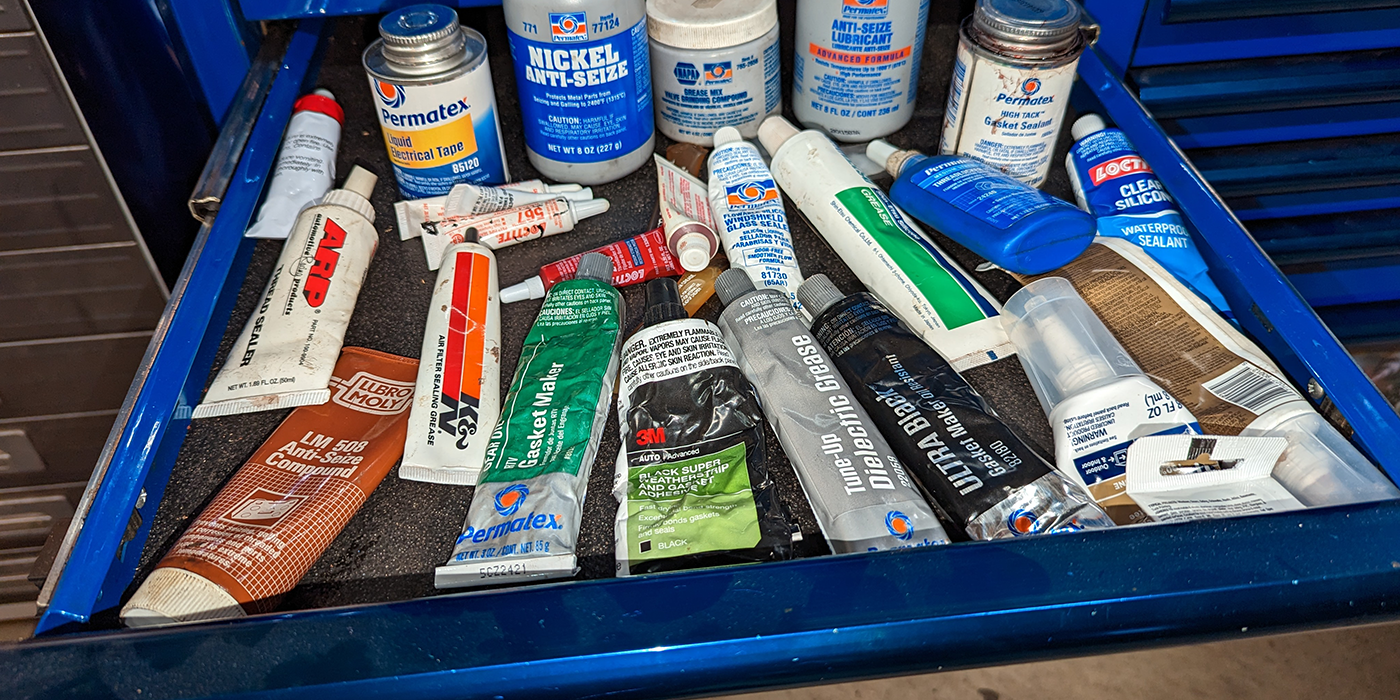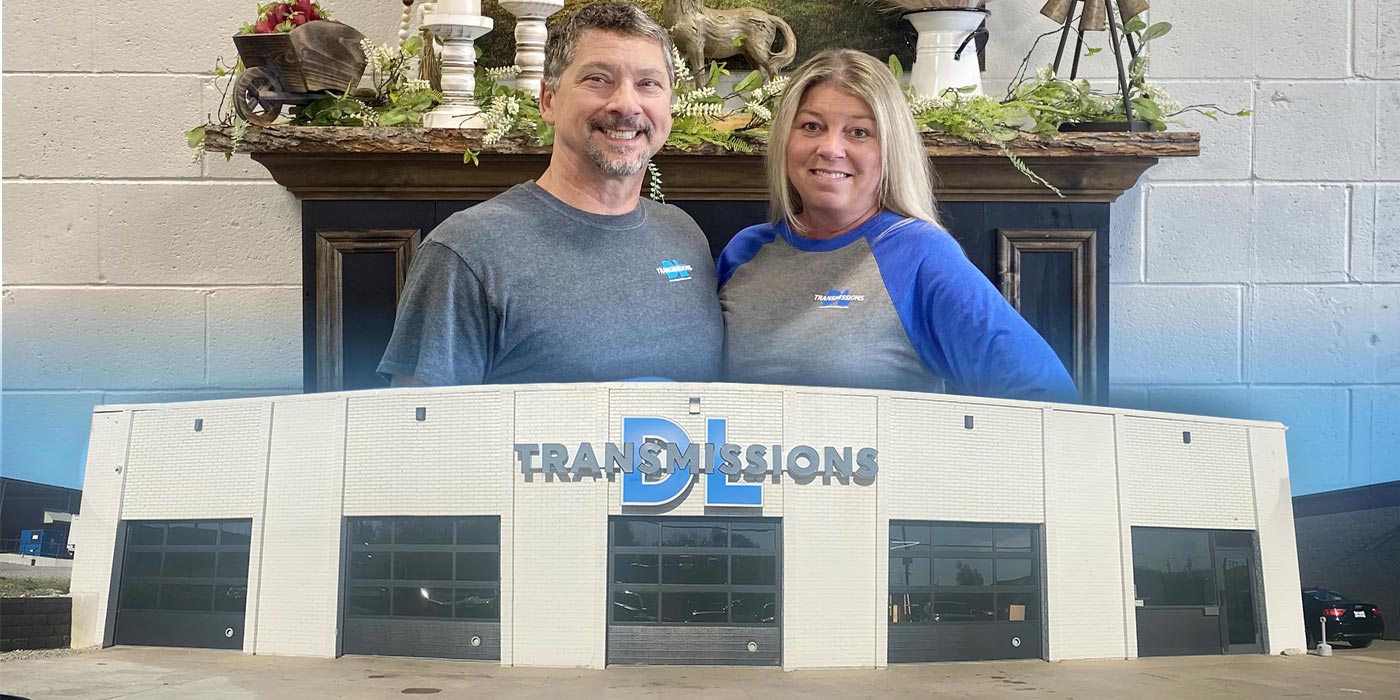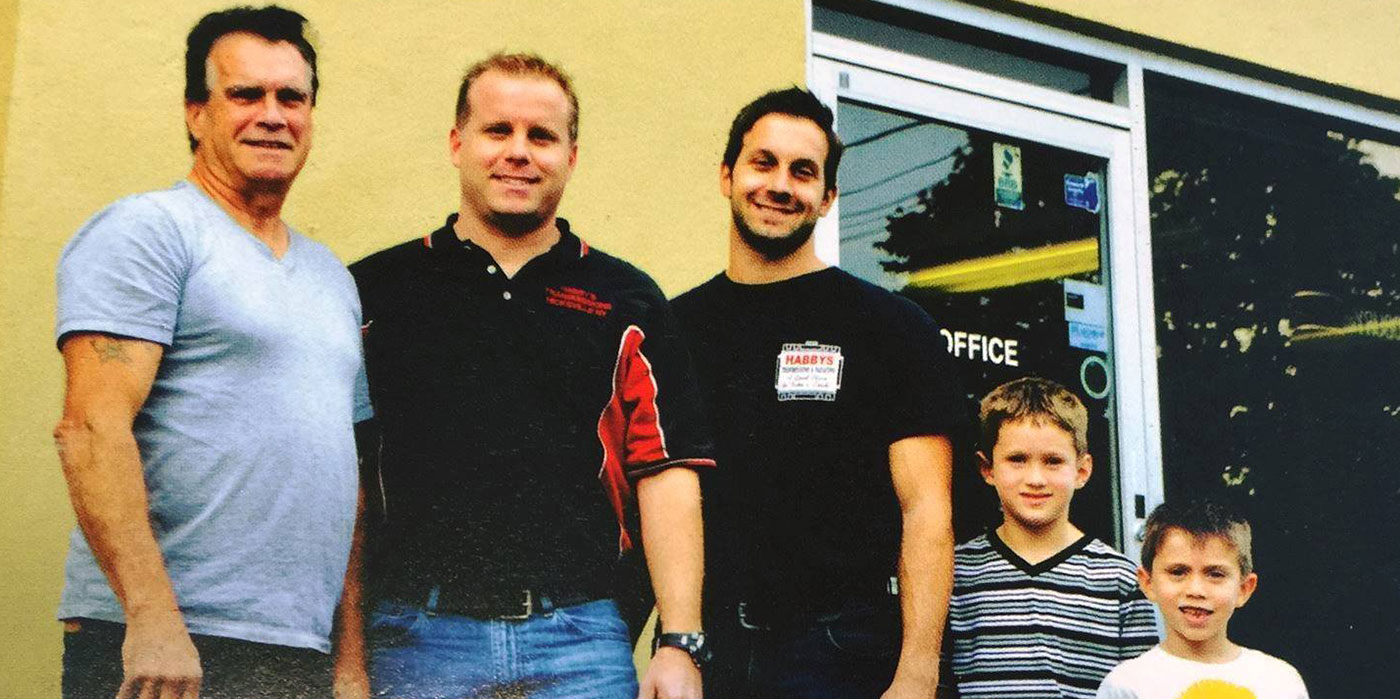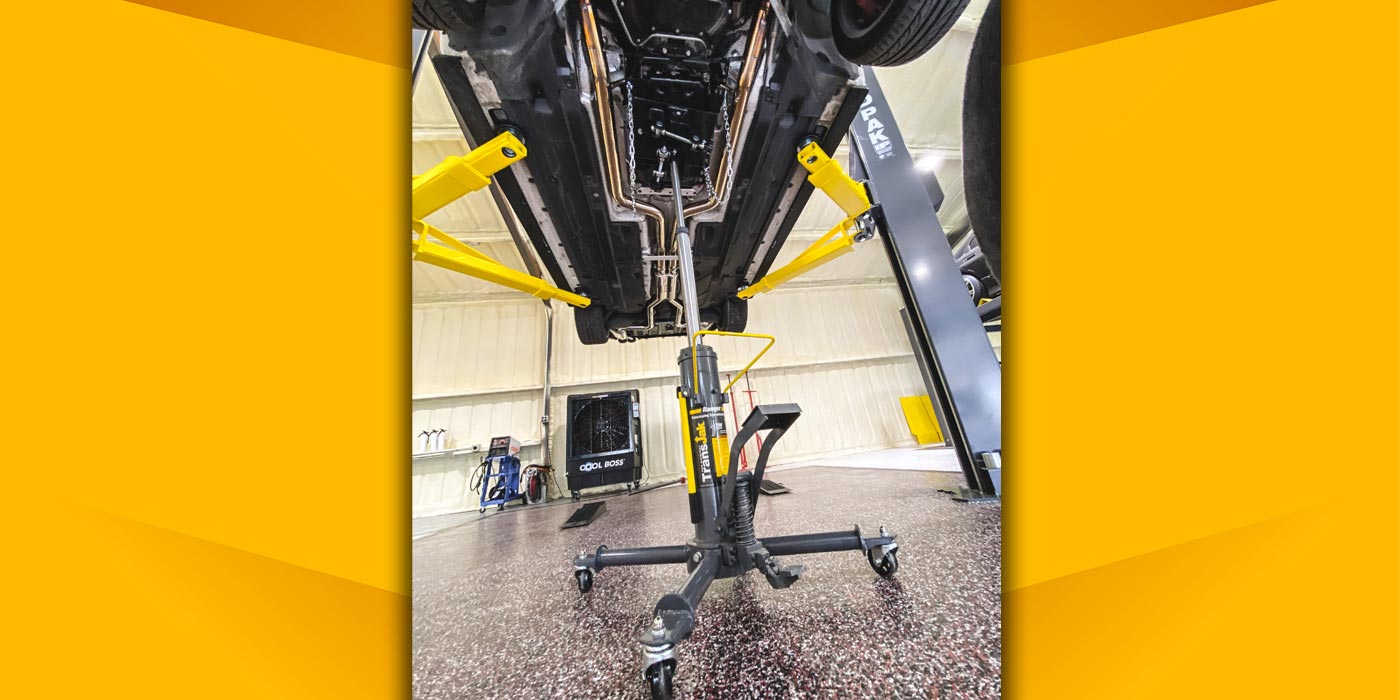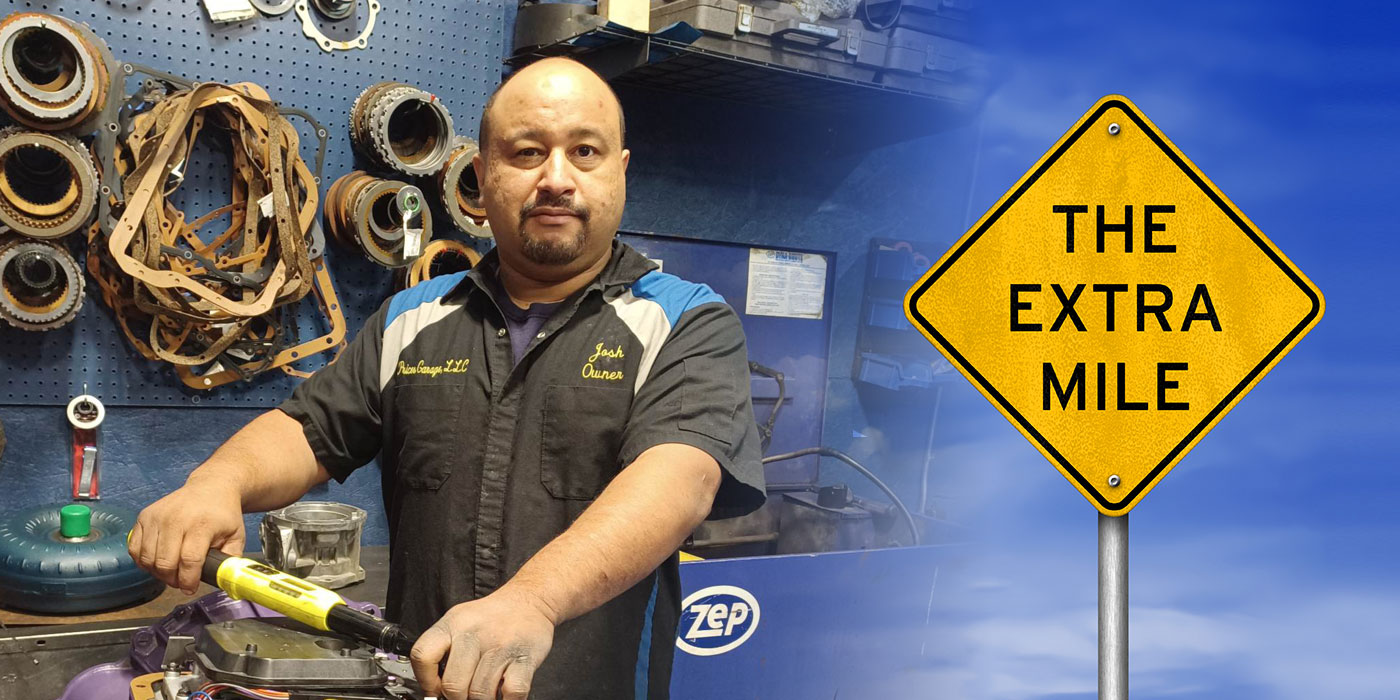
It’s Your Business
- Author: Terry Greenhut, Business Editor
- Subject Matter: Management
- Issue: Being likable
How likable are you? If others were going to comment on how you impressed them at your first meeting, what would they say? Might it be, “What a nice guy; I would really feel comfortable doing business with him”? Would the impression be neutral, meaning that there was no feeling generated at all, or would it be a negative in which the customer’s thinking, “I wouldn’t do business with him if he were giving it away for free”?
Never underestimate the power of the initial contact, whether it be on the phone or in person.
Never underestimate the power of the initial contact, whether it be on the phone or in person. Customers form a quick but lasting opinion as to whether you are worthy of their business. If they decide against you in person maybe you can block the door to keep them from leaving and do something to change their minds, but if it happens on the phone, they hang up and they’re gone forever.
Before I was in business I used to like to say that I thought 80% of the people I met liked me, so I didn’t care very much about the 20% who didn’t. That tune changed quickly when I realized that I needed to try to get everyone to like me if I was ever going to be a success. It’s bad enough that you can’t close all the people you meet, but when you basically disqualify 20% of them off the bat, what do you have left?

Being likable means you have to display certain attributes of your personality while hiding others.
Being likable means you have to display certain attributes of your personality while hiding others. For example, if you are the outgoing type who truly likes to schmooze with customers and vendors, that’s great. Don’t hide it. Use it to show how personable you are. Just don’t lay it on too thick. But if you don’t like people and small talk doesn’t appeal to you, hiding those facts will be to your benefit.
Customers like relationships. They like to believe they’ve gotten to know somebody in the business so the next time they have a problem they don’t come in as total strangers. They feel closer to and more trusting of you if you both know a lot of the same people, grew up in the same area, like the same sports teams or have the same hobbies. Anything that will make them feel connected to you makes you more likable. If you don’t give them a chance to form a relationship because you are so focused on the problem or getting the car done that you rush through the sales process, you have taken away a major benefit of doing business with you and made your sale a whole lot tougher than it had to be.

How do you make yourself likable? One surefire way is to stop focusing on yourself and the product or service you’re trying to sell and instead start to make it all about the customer. Ask more questions. Find out exactly what made them call or come in today; for example: “How long have you had this problem? Why did you choose today to call?” Listen to every word of their answer while watching their facial expressions and/or listening for changes in voice characteristics that indicate they are either starting to agree or disagree with your line of thinking. You may have to change your line quickly, so you need to be flexible.
Don’t rush. You may indeed be in a hurry but they can’t know it. Each customer believes they deserve an amount of time to tell their story or have one told to them. If you cut it too short they feel that you really don’t care about them, only about the money they might spend. Don’t cut them off mid-story. It’s their stage. Let them talk as much as they want. It can only help to bring out more about them that you can use. You’re a detective, looking for clues as to how best you can help them.

Remember that everything the customer says is important to the sale.
Your listening skills are critical because customers will always tell you how to close the sale. They drop bread crumbs along the way, but you have to be listening all the time to pick up on them. Remember that everything the customer says is important to the sale. Everything is a clue. If you’re busy talking you’re probably missing lots of opportunities. When you’re a good listener people tend to like you even if you haven’t offered much to the conversation.
Dig for hints about their financial situation without getting personal. Act like and talk about how you will try to save them as much as you can. Even the smallest effort to do so makes you the good guy. Can they afford your best or is something less costly going to serve their purpose and make them happy to become long-term customers? Do you even want to offer your top-of-the-line transmission overhaul with the 100,000-mile warranty for their rusted-out Pinto that will no doubt be in the scrap yard within a year? Well, maybe, but it would depend on what else they’re telling you. If they’re saying they just need it to get through the summer until their trust fund opens up, that’s one thing, but if they tell you it was their grandfather’s and they’re thinking about a complete restoration of the car in his memory, that’s a whole different ballgame. You just might never find out if you don’t spend some time talking with the customer and asking the right questions.
Customers love to tell their story, but often they won’t come right out and tell it to a stranger – unless you ask. Once you show your interest they tend to open right up unless they’re trying to hide something, but that’s OK. You can learn a lot from that kind of behavior as well. Unwillingness to openly discuss an issue can be its own form of a lie. A good detective can easily spot lying by omission and later on ask, “Now is there anything else I should know about this?”
For example, the customer who wants just a fluid change and comes in telling you his transmission is working perfectly – or refuses to comment on it at all until you drive it and point out that the car can barely move – is hoping that either the fluid change will make it all better or maybe they could get you to do the fluid change without a test drive so they could later blame you for breaking it.
The point is that it doesn’t matter how it happened. You weathered the con and now you have a broken car and a customer in front of you who knows he owes you one; a great position to be in, don’t you think? It is if you don’t screw it all up by becoming cocky and start with the “I told you so” or the “I knew you were trying to get me” attitude.
If you want to be likable you learn to compliment instead of criticize. You learn to measure your words before you let them tumble out of your mouth so you don’t offend the people you are trying to befriend. When you first see the Pinto you say, “Wow, great classic.” You don’t call all the guys out from the shop and yell: “Hey, look guys! It’s a Pinto that hasn’t yet been hit in the back and blown up. How rare is that?” Nobody is going to want you to fix their car after you just told them what idiots they are for owning it.

If you want to make friends and sell yourself first, you smile, you make them feel that you’ve been where they are right now so you can relate. You don’t ever tell them you caught them in a lie. (They’ll know it. How gracious you are about it can make the difference between someone walking out or becoming a long-term customer.) You don’t push or scare them into buying. You respect their right to their opinion whether you agree or not. You don’t cut people off when they’re speaking or try to finish their sentences for them, and you never, ever start a dialogue about race, religion or politics; and if they do, you steer the conversation in another direction. None of those has anything to do with business and seem to do nothing but agitate people and make them choose a side. Then if they don’t think you are on the same side they are, you lose them; way too risky.
Friendly folks usually smile. If the best you can do is that half scowling, angry, downtrodden face, take it and go hide somewhere; don’t put it in front of a customer, because if you look as if you’re looking for a fight, somebody’s gonna give you one by the end of the day. You can count on it.
The major test of how friendly you can be and what kind of reputation you build comes after you make the sale. Unless you want to try to build your business on very expensive advertising and shaking down one-time customers, you need to make sure your customers are happy with you and stay that way. It begins with keeping promises. Charge what you told them. Finish it when you said you would. If you told them you would call back today with a price, make sure you do it.
Handle comebacks in at least as friendly a manner as you did the sale. It’s not their fault. Don’t moan and groan about it in front of the customer. They start feeling sorry they brought it to you. Don’t put comebacks on the back of the line. They go right to the front. You already got paid for them. You owe it to the customer to give it top priority. Give them something extra for their trouble. Even though you’re already losing money on the CB give them something to soften their inconvenience, maybe a free car wash or an oil change.
Make sure you fix it right this time. Road-test it yourself when it’s done. Your opinion as the person in charge and your technician’s may be very different when it comes to what’s good enough to go out the door. The only thing good enough on a CB is perfect. It’s your last chance with this customer. Don’t play the blame game. Just fix it and move on. You’ve already lost all your profit “and then some” on this job. At least try to salvage a good referral or keep from getting a bad Internet review.
I’ve found over the many years I’ve been in and studying this business that people will give you another chance if you treat them well and are fair with them and if they truly believe you are doing your best to help them. Conversely, they will hate you if they think you are lying to them or cheating them, or just plain don’t give a damn about them. Since friends make you money and enemies cost you, the choice seems clear, doesn’t it?

In these challenging times Terry Greenhut wants everyone to visit www.TerryGreenhut.com to order any of Terry’s training materials.





